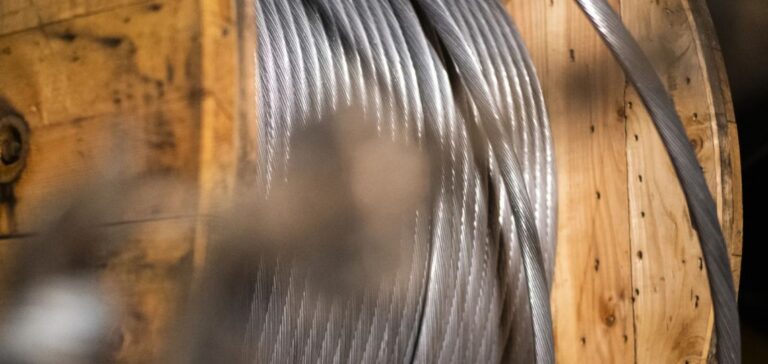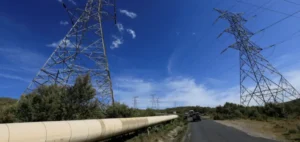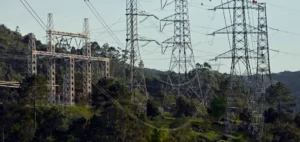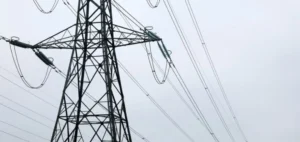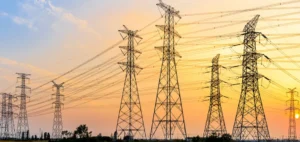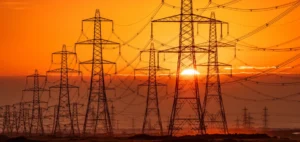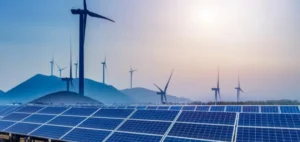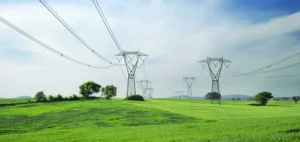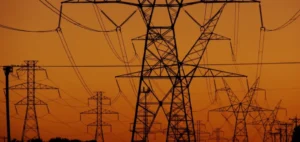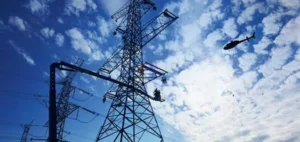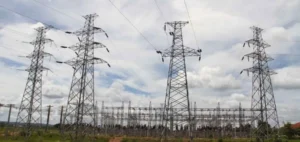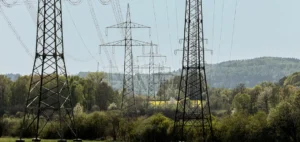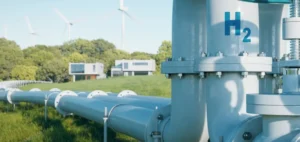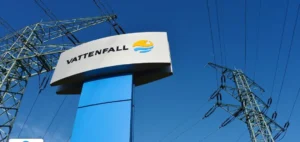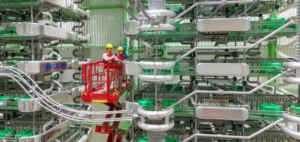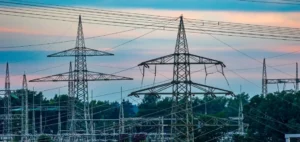The French electricity network operator, Réseau de Transport d’Électricité (RTE), confirmed its intention to facilitate the establishment of a factory specialized in manufacturing submarine cables for interconnecting future offshore wind farms. This industrial project, estimated at nearly 10 billion euros, aims to strengthen France’s autonomy in a sector deemed strategic for national energy security. To move forward, RTE is awaiting crucial clarifications from the government regarding the new Multiannual Energy Program (Programmation Pluriannuelle de l’Énergie, PPE), which regulates investments and infrastructure development in the energy sector for the 2025-2035 period. This political framework must precisely define the country’s objectives regarding offshore connections and electric interconnection networks.
Key criteria for industrial site selection
According to information provided by RTE, four French port locations are currently being considered to host this submarine cable factory. The choice of site depends on demanding technical criteria, including sufficient capacity to accommodate an industrial tower tens of meters high necessary for cable coating. Moreover, the infrastructure must allow for the docking of cable-laying vessels capable of carrying cable reels weighing several thousand tons. These cables are essential for the technical interconnection of offshore wind farms with the terrestrial electrical network. The French electricity network operator emphasizes that validation of these technical and logistical criteria is critical to the project’s success.
The operational start of this strategic factory, planned between 2030 and 2035, remains dependent on clear economic imperatives set by the upcoming PPE. Initially expected in the spring, this document will ultimately be adopted following a debate at the National Assembly, scheduled from mid-June. This decree represents a strategic turning point, notably confirming France’s shift towards reviving nuclear energy, including plans for six new EPR2 reactors, while maintaining ambitious goals for offshore wind. This dual orientation should provide industrial companies with essential clarity regarding their future investments.
Confirmed expertise in offshore interconnections
RTE already has recognized experience in installing and managing submarine cables dedicated to offshore interconnections. Recently, the company achieved a significant milestone by connecting the offshore wind farm of Dieppe-Le Tréport in Normandy. Two submarine cables, each 23 kilometers long, were laid by specialized teams involving approximately one hundred technicians and twenty dedicated vessels. This complex operation required high technical precision, particularly during the initial cable pulling from a cable-laying ship to the land connection point at Penly.
The factory envisioned by RTE would reinforce this industrial expertise, enabling France to directly meet its own increasing demand for submarine cables. This strategic approach aims to secure an essential component of the national electric interconnection infrastructure, ensuring improved technological and economic independence in a highly competitive market. The estimated value of the domestic market reaches approximately 10 billion euros for all anticipated orders in the coming years.
Imminent political and economic challenges
However, the industrial realization of this ambitious project remains contingent on imminent political decisions surrounding the PPE. RTE explicitly states that significant modifications to national offshore wind ambitions could alter the economic balance and planned industrial strategy. A potential slowdown or time extension of future calls for tenders for offshore interconnections could directly impact the financial feasibility of this factory.
In this context, attention now turns to the forthcoming debates in the National Assembly. Rapid clarification of national energy objectives appears essential to secure both industrial investments and future jobs linked to this strategic establishment. The awaited decision should enable industrial stakeholders to definitively validate their commitments to this crucial sector for the future of French energy interconnections.


